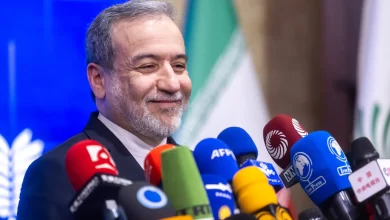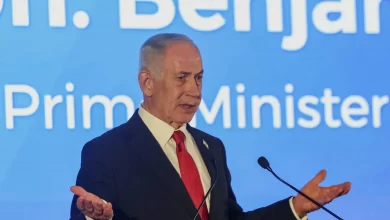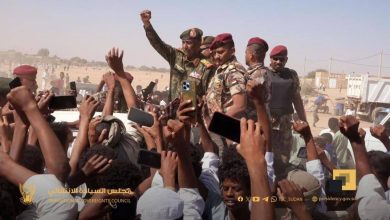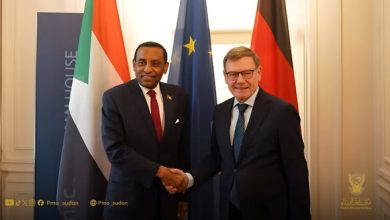The Federal Minister of Health to Sudan Events: Sudan’s participation in the regional global health meeting was necessary for the following
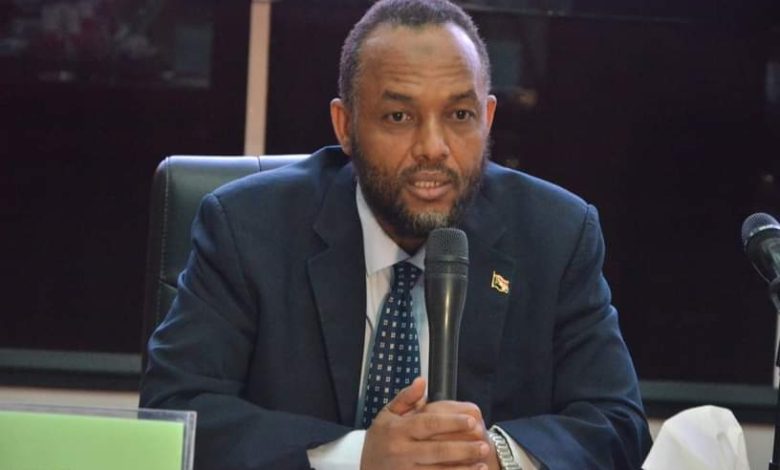
Khartoum – Nawal Shanan
The Acting Federal Minister of Health, Dr. Haitham Muhammad At-Ibrahim, said that Sudan’s participation in the meeting of the World Health Organization for the Eastern Mediterranean, which was held in Cairo, Egypt, was necessary due to the situation it is going through as a result of the war that was imposed and the resulting health effects. He added that we succeeded in reflecting the reality, its needs, priorities, and work done by the government and partners, and submitting a candidate for the position represented by Professor Ahmed Farah Shadul.
Ibrahim revealed to (Sudanaevents) that several meetings were held on the sidelines of the meeting with leaders of health work in the world and the region and health ministers, especially from the Gulf countries, led by Saudi Arabia. We discussed the health situation in the country. We reflected on several health projects, especially combating epidemics, managing essential health services, and supplying and delivering services for all citizens. We noted promises to continue support during the coming period, the phase of building the health system.
“We discussed with the organization’s director, Dr. Tedros Adhanom, the priorities and the need for the organization to contribute to calling on the international community to help Sudan in the wake of the destruction caused by the rapid support militia in the infrastructure and medical supplies.” He said
“We need the director to speak on behalf of Sudan in international forums and present the issue and needs, and Donors have obligations to many” from the countries.
He pointed out that the health situation was reversed through Sudan’s main speech, which focused on changing the health situation during the months of war by continuing services and providing basics with the support of the government and partners, as well as focusing on the capabilities of human cadres, which contributed to building health systems in many countries of the region. They will have the power to rebuild our health system after the war ends.
Ibrahim explained that the proposal to build a coalition of countries in the region found favour in that some of its countries possess excellent economic capabilities, and others have distinguished medical personnel. He pointed to the ambition to address health in the broad sector in the coming period and to formulate a model for building health systems after wars and disasters.
